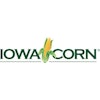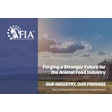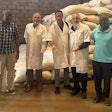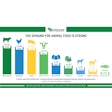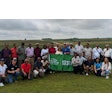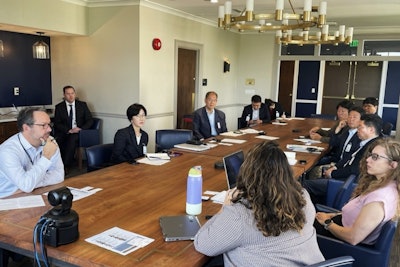
The U.S. Grains & BioProducts Council sponsored a South Korean biotechnology legislative advisory team last week to tour America’s grain export infrastructure and regulatory framework.
The delegation, comprising Korean National Assembly staffers and biotechnology stakeholders, visited regulatory agencies in Washington, D.C., including the USDA, FDA and EPA.
“The Council is seeking to aid South Korea’s biotechnology review system and streamline the review process to prevent them from acting as non-tariff barriers to exporting high-quality U.S. grains to South Korea,” said Haksoo Kim, USGBC director in South Korea.
The group continued to Iowa, touring Corteva’s Carver Research Center and visiting a local farm to discuss precision agriculture and biotechnology applications.
The program concluded in New Orleans with examinations of shipping logistics and quality control processes.
Kim emphasized that the U.S. is “a crucial partner for Korea’s food security” and that “eliminating non-tariff barriers would greatly contribute to the development of trade and food security in both countries.”
Participants agreed that biotechnology labeling systems should follow scientific standards without imposing economic burdens or misleading consumers about safety.

